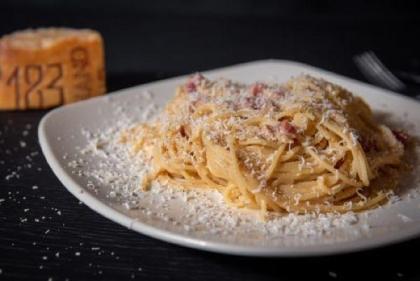Your tween is growing at an astonishing rate and they need certain nutrients to aid that development. However, many tweens and indeed teens aren’t getting enough of certain vitamins and minerals and getting too much of bad foods.
They're short on calcium.
It's estimated that over a quarter of tweens are not getting enough calcium in their diets. Help your child increase their intake of calcium rich foods, such as milk, tofu, fortified orange juice, soy milk, yogurt, and cheese a bowl of cereal with milk.
They consume too many calories.
One of the main culprits here is juice or fizzy drinks .Instead; offer your tween cold water or milk or lower calorie options of their favourite drinks. Make fresh fruit available, and keep snacks that are high in saturated fat, such as crisps, chocolate and sweets as occasional treats. Tweens need to ensure they are getting sufficient calories at this age as puberty approaches so make sure they are benefitting from a balanced diet.
They don't eat enough fibre
White bread is definitely the most popular choice with kids. However, it’s a good idea to switch to buying wholemeal breads, or half and half breads, which are usually higher in fibre. Encourage them to choose the higher fibre varieties of cereals and to snack on raw vegetables and fruit.
They eat on the run
Tweens who are busy running from one activity to the next will grab the first thing they see in the fridge so make sure to stock up on healthy snack choices, and make sure your child can find these snacks easily.
They don't know what they need
Tweens need to be educated about what foods make the best choices and what foods should only be consumed as a treat. Educate your tween about making good food choices, and work together to plan menus that are healthy and she will enjoy.
Did you know that food with added vitamins and minerals, such as Kellogg’s breakfast cereals, provide at least a quarter of six B vitamins which are all essential for a healthy body. And at least 17% of daily iron needs. Depending on choice they may also be a significant source of fibre, calcium and the sunshine vitamin D.
Read more: Tween nutritional requirements












